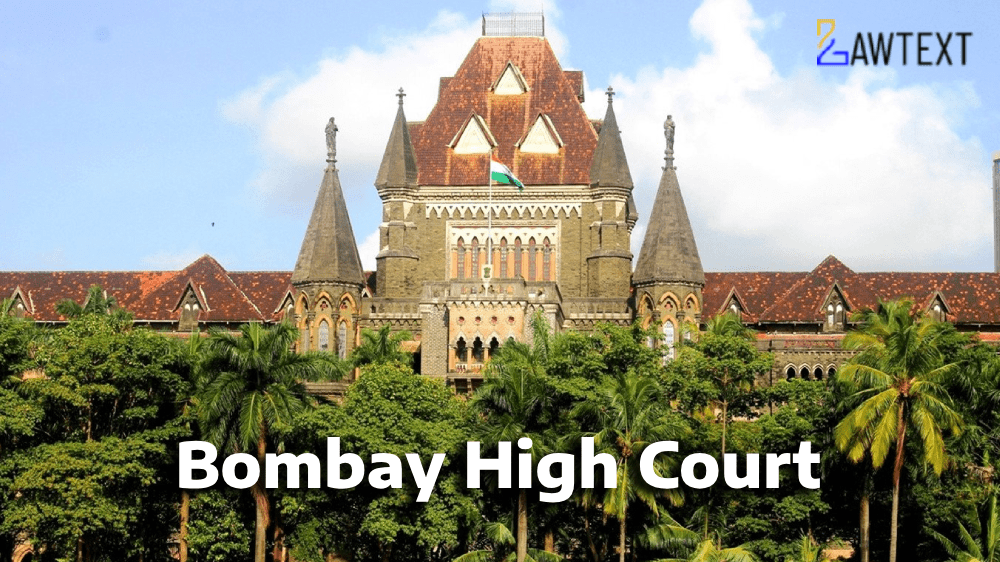Writ Petition Partly Allowed in Favor of Petitioner for Scheduled Tribe Certificate Validation Court Directs Issuance of Koli Mahadev Tribe Validity Certificate in 10 Days, Following Sibling Precedent

CASE NOTE & SUMMARY
The Bombay High Court quashed the decision of the Scrutiny Committee that had denied Petitioner a Scheduled Tribe validity certificate. The Court referenced a previous decision in favor of her brother Sanket Shivaji Sable, holding that siblings cannot have different caste or tribe certificates. The Court directed the issuance of the Koli Mahadev Scheduled Tribe certificate to Sayli within 10 days.
1. Introduction (Para 1)
- Rule made returnable forthwith, and the case was heard with the consent of both parties.
- The judgment pertains to the petition filed by Sayli Shivaji Sable and her sibling, Sanket Shivaji Sable, regarding the validation of their Scheduled Tribe status under the Koli Mahadev category.
2. Background (Para 2)
- The Scrutiny Committee had rejected the siblings' claims for a Koli Mahadev Scheduled Tribe validity certificate on 22.09.2022.
- Sanket filed a writ petition, and the Court quashed the Committee’s decision on 18.11.2022, directing the Committee to issue a validity certificate to Sanket. Any review of the validity certificate would apply to both siblings.
3. Law Regarding Siblings and Caste Certificates (Para 3)
- The Court referred to Apoorva d/o Vinay Nichale vs. Divisional Caste Certificate Scrutiny Committee No.1, Nagpur (2010(6) Mh.L.J.401), establishing that siblings cannot hold different caste certificates if they share the same paternal lineage.
4. Precedent and Validation (Para 4)
- In Shweta Balaji Isankar vs. State of Maharashtra (2018 SCC OnLine Bom 10363), the Court ruled that if the certificate on which a petitioner relies is later invalidated, the petitioner will also suffer the same consequences.
5. Recent Supreme Court Judgment (Para 5)
- The Supreme Court's ruling in Maharashtra Adiwasi Thakur Jamat Swarakshan Samiti vs. The State of Maharashtra (AIR 2023 SC 1647) was cited, further affirming the legal position regarding tribe validity.
6. Prior Court Orders and Relation to Current Case (Para 6)
- The Court referenced a prior order in favor of Sanket’s paternal relative, Prathamesh, in delivering the judgment for Sanket. The same logic applied to Sayli's case.
7. Court's Final Decision (Para 7)
- The Writ Petition is partly allowed, quashing the Committee’s 22.09.2022 order.
- The Committee is directed to issue Sayli a Koli Mahadev Scheduled Tribe certificate within 10 days.
- The CET Cell was ordered to proceed based on the validated claim.
8. Application of Law (Para 8)
- The principles laid down in Shweta Balaji Isankar shall apply to Sayli's case as well.
9. Conclusion (Para 9)
- The Rule is made absolute. No order as to costs.
Acts and Sections Discussed:
- Scheduled Tribe Certificates
- Court emphasized the paternal lineage principle for Scheduled Tribe validation under the Koli Mahadev category.
- Legal discussion included the consequences of invalidating certificates when siblings or close paternal relatives are involved.
Ratio Decidendi:
The key legal takeaway is that siblings from the same paternal side cannot have different tribe or caste certificates. The validity certificate for one sibling should, in most cases, apply to the other. The decision also highlights the procedural lapses and delays in addressing show-cause notices by the Scrutiny Committees and reaffirms that validity certificates should not be easily discarded unless fraud or material misrepresentation is proven.
Subjects:
- Scheduled Tribe Certificate
- Caste Scrutiny Committee
- Koli Mahadev Tribe
- Sibling Certificate Precedent
- Validity Certificate
ISSUE OF CONSIDERATION
Sayali Shivaji Sable Versus The State of Maharashtra Ors.
Citation: 2024 LawText (BOM) (10) 84
Case Number: WRIT PETITION NO. 12023 OF 2024
Date of Decision: 2024-10-08
Case Title: Sayali Shivaji Sable Versus The State of Maharashtra Ors.
Before Judge: RAVINDRA V. GHUGE AND M.M. SATHAYE, JJ.
Advocate(s): Dr. Uday Warunjikar a/w Sumit Kate for the Petitioners. Mr. Abhijeet Naik, AGP for Respondent Nos. 1 and 2/State. Ms. Kavita Solunkhe, for Respondent No.3/CET Cell.
Appellant: Sayali Shivaji Sable
Respondent: The State of Maharashtra Ors.

